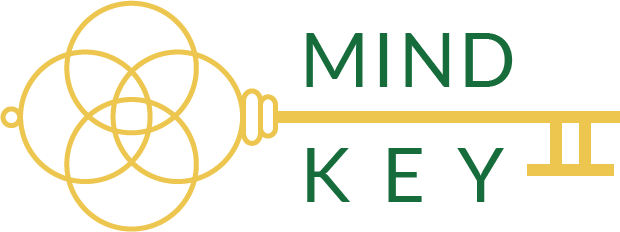so much depends
upon
a red wheel
barrow
glazed with rain
water
beside the white
chickens
– William Carlos Williams
As a part-time professor of English, I teach this poem every semester. Keep in mind many of my students have not been in a classroom for a number of years. The wide-eyed looks of bafflement never cease to put a big smile on my face. Never mind that every time I teach this poem it’s around 7 pm on a weeknight. I am fried, and so are they. Still, this poem tends to spark a much welcomed blaze of conversation.
I have to make it clear in the beginning of the lesson that this is, in fact, the ENTIRE poem. Much of William’s work is obscure but widely read and taught. “The Red Wheelbarrow” has become one of his signature pieces. The poem is a lightbulb-over-the-head inducing spell once the students learn that Williams was a practicing physician who became inspired to write this weird little poem while gazing out the window in a house of a dying child.
 |
| William Carlos Williams |
Suddenly, we are transported into ponderous discussions dealing with dependency, spirituality, need, grief, healing, uselessness, and hope – diverse facets of life that must coincide in order to make us human. Not bad for a 16 word poem. Poet Wallace Stevens referred to Williams’ poems as “rubbings of reality”, and Williams indeed gives you little snippets of landscape and bits and pieces of the human experience. He leaves it to you to put the puzzle together- if you choose to take the time.
I think what makes this poem go from baffling to enlightening is the blending of the human condition. In a short amount of time and space, you are reminded about simple necessities needed for stasis yet easily forgotten and rarely appreciated. There was this man, William Carlos Williams, who on a daily basis was slapped in the face by mortality.
Whether he knew it or not, he wrote this poem to call our attention to the balance we need to obtain in regarding our passions and obligations – two things that are rarely synonymous.
 |
| A Balance Wheel |
We have all felt like the red wheelbarrow – settling into the Earth, taking in whatever falls down on us, and not always feeling appreciated or purposeful. We often fail to dry ourselves after the storm of everyday and take the time to pursue our passions. Everyone has a passion, talent, or purpose that reaches beyond work and family. The problem is many of us think we have all the time in the world to look, and we don’t.
Sooner rather than later, those “white chickens”, which can easily be seen as something angelic or divine, are going to come take us away. “So much depends/upon” the acknowledgment and acceptance of every fragment of consciousness that makes us whole. That’s when we find balance, and that is when we are able to stay on that purposeful wagon for longer periods of time. So who says little poems like this don’t make sense?
Danielle‘s Note:
This week we will are delving into the “relationship with self,” and what better way to understand and refine that relationship than by rediscover our passions, accept all fragments of our sub/consciousness, and to recognize that we are only whole when we are carrying in our own personal wheelbarrow only those things that bring us joy while at the same time fulfilling obligation. Thank you for this, Tara!






